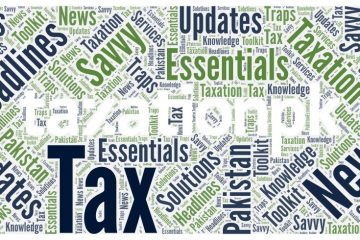Pakistan’s proposed budget for the 2024-25 fiscal year takes a tough stance on tax evasion, outlining a series of punitive measures to nudge individuals and businesses into filing income tax returns.
Key Proposals:
- Travel Ban for Non-Filers: The most drastic measure involves barring individuals who fail to file tax returns from traveling abroad. This proposal aims to pressure non-filers into compliance. (Exemptions apply to NICOP holders, minors, and students.)
- Business Closures for Non-Registration: Businesses that haven’t registered under initiatives like the Tajir Dost Scheme could face closure if the proposal passes. Additionally, unregistered shopkeepers or traders might be subject to imprisonment, fines, or both.
- Increased Advance Tax for Non-Filers: Non-filers in distribution, dealership, wholesaling, and retail sectors face a significant hike in advance tax on sales. The proposed increase is from 0.2% to 2% for distributors, dealers, and wholesalers, and from 1% to 2.5% for retailers.
- Penalties for Non-Compliance by Authorities: Implementing agencies that defy orders to take punitive actions against non-filers could be penalized with hefty fines, starting at Rs. 100 million and escalating for repeated offenses.
Government’s Rationale:
The Finance Minister, Muhammad Aurangzeb, emphasized the government’s goals:
- Expanding the tax base to capture a larger pool of taxpayers.
- Increasing the tax-to-GDP ratio, a key indicator of a healthy economy.
- Promoting a digitized economy that facilitates a progressive taxation system, where tax burdens correlate with income levels.
Conclusion:
These proposed measures represent a significant shift towards stricter enforcement of tax compliance in Pakistan. While they aim to improve tax collection, the potential impact on businesses and individual mobility remains to be seen.







